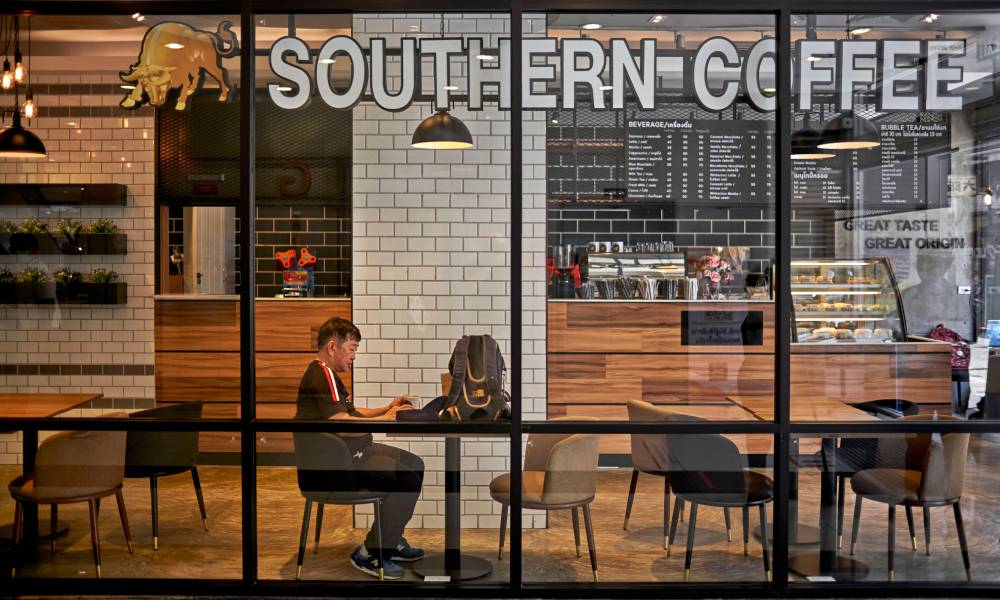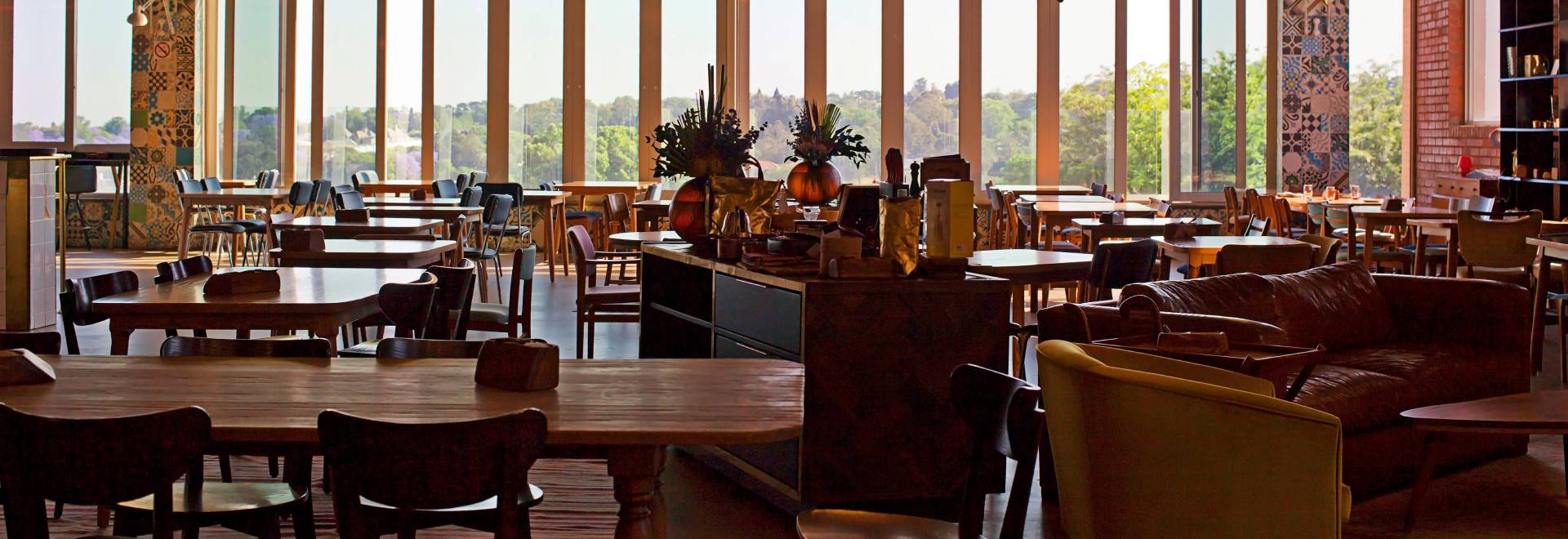If a recession is incoming, how can coffee shop owners prepare for it?
All signs point to a recession ahead in certain regions. Ashe Samuels speaks with Paul Ashby to discuss how coffee shops can weather the storm.
Economic uncertainty has become the new normal for many of the world’s businesses.
Since the pandemic, coffee shop owners have worked tirelessly to increase foot traffic and salvage their profit margins. However, industry-wide staff shortages, inflation, and the increasing popularity of home brewing are significant challenges to overcome. And with a recession looming in some regions, there are likely to be further difficulties ahead.
When a recession does hit, it is expected to impact a greater number of businesses than the 2008 financial collapse. And while the exact timing and severity will vary from country to country, reports indicate that it could emerge anywhere from the second half of this year to the beginning of 2024, and possibly last til the end of next year.
Even as a recession looms, it’s important for businesses to reflect on the key differences between 2023 and 2009. For example, digitalisation is in full swing for many sectors; this not only saves costs and streamlines operations but also provides a convenient customer experience – something that can give specialty coffee shops a competitive edge.
“We started using an app a few years ago,” says Paul Ashby, director of Bogota Coffee Company. “It’s a loyalty stamp, but you can also pre-order ahead. All you have to do is walk in, pick up your coffee, and carry on – it takes you less than 30 seconds.
“This has been a big help and a big selling point for us because nowhere else locally does that.”
However, Paul says that coffee shops can be slow to adopt these advancements: “Coffee shops in general I think are a bit slow to pick up on technology,” he says. “Unless you’re looking at some of the bigger ones like Starbucks or Costa.”
To survive the imminent recession, however, some coffee shop owners may have no choice but to pivot.

Narrower profit margins
Coffee is considered an inelastic product, meaning customers are reluctant to give it up. This makes the coffee industry relatively resilient during economic downturns.
Paul adds that the lower price point of coffee has benefited coffee shops throughout the cost of living crisis, unlike the restaurant sector, where costs are comparatively much higher.
“Restaurants have been struggling in this country for at least a couple of years,” he says. “We have a cost of living crisis and the war in Ukraine which makes costs go up.
“This year, we’ve seen the highest number of restaurant closures in over twenty years. Coffee shops are doing better because of the lower price point.”
To survive a recession, keeping prices low and remaining competitive is key. But coffee shops already operate on a narrow profit margin – and inflation and rising labour costs can sometimes leave businesses with no choice but to raise their prices.
Despite fairly robust demand, coffee shops will likely experience a decline in customer footfall as people tighten their belts during the recession. Additionally, customers have become more knowledgeable about home brewing after the pandemic, making it easier for them to avoid buying coffee from a coffee shop – somewhere else they can save money.
This means that monitoring costs will be crucial. Identifying which costs are necessary and add value to the customer, and which costs do not, may become essential to preserve profitability.

What can coffee shop owners do?
Businesses can sometimes panic during a recession and launch scattered initiatives with limited impact. Instead, coffee shop owners should focus on identifying and pursuing the most promising opportunities to retain and gain market share. However, this can often lie with customers that are not loyal to any specific coffee shop.
It’s also important to recognise that customers’ needs will also likely change during a recession. Coffee shops should close the “needs-offer gap” by aligning their offerings with customers’ current needs.
For instance, this could mean adding new products such as retail bags of coffee for your customers to take home. This approach can entice customers to spend more when in your coffee shop.
Additionally, coffee shop owners should prioritise retooling their core processes by consolidating operational tasks such as inventory management, ordering, and staff management. This can enable coffee shops to operate more efficiently.
According to Paul, customer service will ultimately be a determining factor for a coffee shop’s success.
“Good coffee shops really emphasise the customer service side of things,” he says. “We think the service is usually more important than the coffee. People need to feel better when they leave than when they come through the door. Good coffee shops understand that.”
Ultimately, what truly gives a coffee shop its strength is how it makes its customers feel. As a recession fast approaches, cost-saving measures and targeted growth strategies will clearly play a central role. But maintaining strong customer relationships will be crucial for coffee shops hoping to weather the storm ahead.







